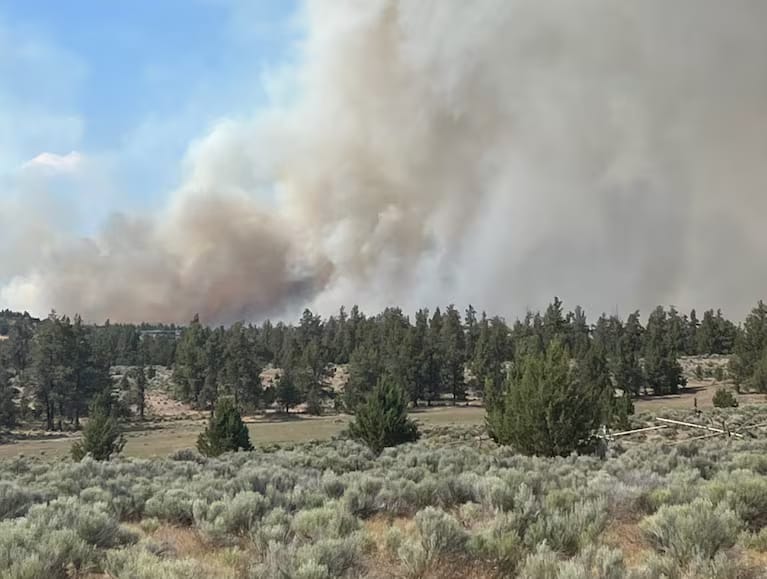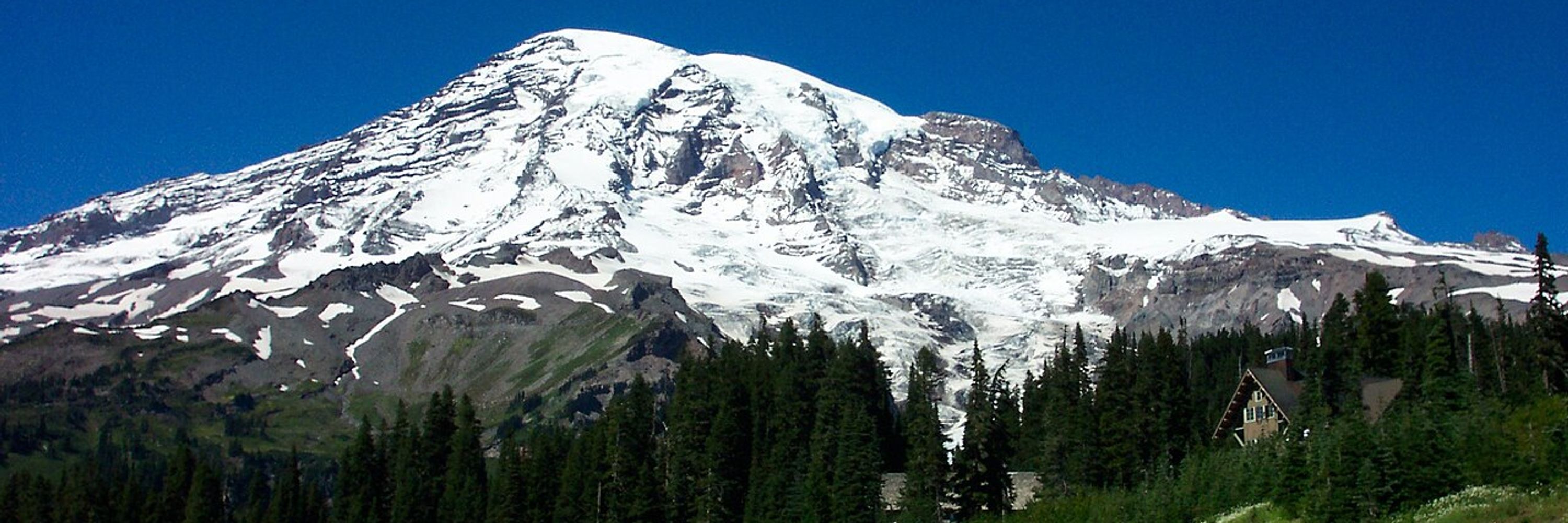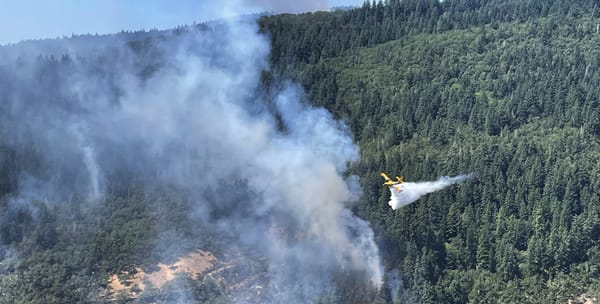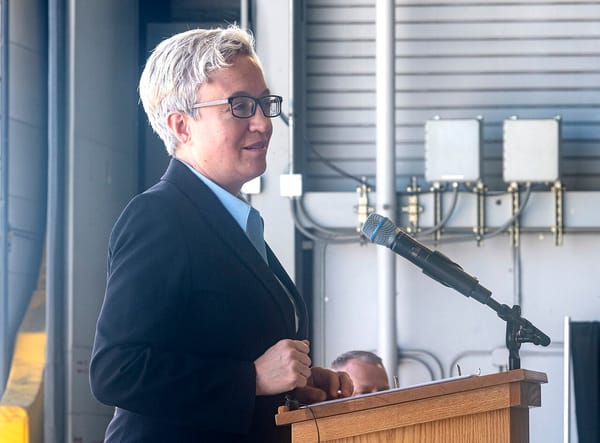Daily Digest: ICE scares off cherry pickers, fires force evacuations & making Seattle affordable for artists

Good morning, Cascadia. Here's your daily roundup of news and arts from across the bioregion as we work to resist the fascist regime and to peacefully work for a free, independent Cascadia. If you appreciate this newsletter, please consider supporting it with a paid subscription, thanks.
A perfect cherry season – but no pickers
In the "fuck around and find out" news department, Cherry growers are reporting a very productive season for cherries in central Washington – but surprise, surprise – seasonal immigrant pickers aren't showing up, writes KUOW. Dunno, maybe it has something to do with masked bounty hunters from ICE forcefully kidnapping undocumented immigrants in their attempts to meet Stephen Miller's quota of 3,000 deportations a day? Meanwhile, Oregon Capital Chronicle reports that the Oregon legislature is scrambling to pass a bill that would limit Trump's ability to take over the state's national guard, as a federal appeals court looks likely to agree to grant Trump his takeover of the California national guard in the face of anti-ICE protests. The Portland Mercury talks with an ER nurse nearly blinded by "non-lethal" munitions at anti-ICE protest and says it won't deter them from protesting again. In related news, The Stranger debunks a rumor circulating on socials that ICE was preparing to raid Washington State ferries. We're working as hard as we can to confirm reports before posting them here or on Bluesky.

Fires force evacuations in central Oregon
OPB reports that the Alder Springs wildfire in central Oregon has forced the evacuation of 5,000 residents. Columbia Insight has more on the Rowena Fire in the Columbia Gorge, which burned some 3,500 acres. In related news, The Tyee reports on scientific studies that show wildfire smoke increases the risk of stroke, dementia and other diseases of the brain.
Rise in gray whale stranding on Cascadia coast
KNKX reports that scientists are seeing a higher than normal rate of fatal strandings of gray whales on the coast of Washington during their seasonal migration this year. Meanwhile, KING-5 interviewed a retired federal researcher who says Trump's cuts to NOAA will set back efforts to recover the Southern Resident Killer Whale population.
Seattle arts communities thrives despite high rents
The Urbanist looks at vibrant arts scenes across Seattle, including the Central District, the longtime epicenter of Black life and culture in the city. Even though many artists residents of color are being priced out, arts organizations and subsidized apartments for artists are helping. Artist Trust has an online list of subsidized housing for artists across Seattle. If we want our region to continue to produce visual art, music, theater, and dance, Cascadia needs to step up and fund places that make housing affordable. And it's not just artists: the Seattle Times recently reported that a quarter of households in Washington can't meet their basic needs of food, shelter, and transportation.
--Andrew Engelson






